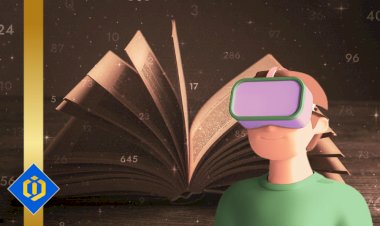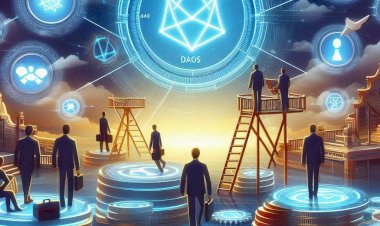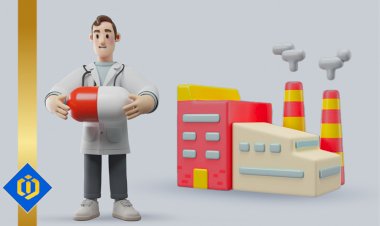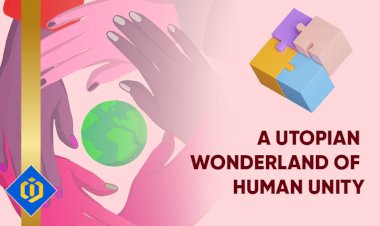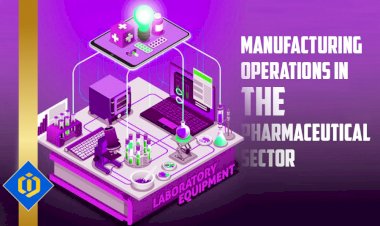How to Become a Blockchain Developer: A Practical Guide
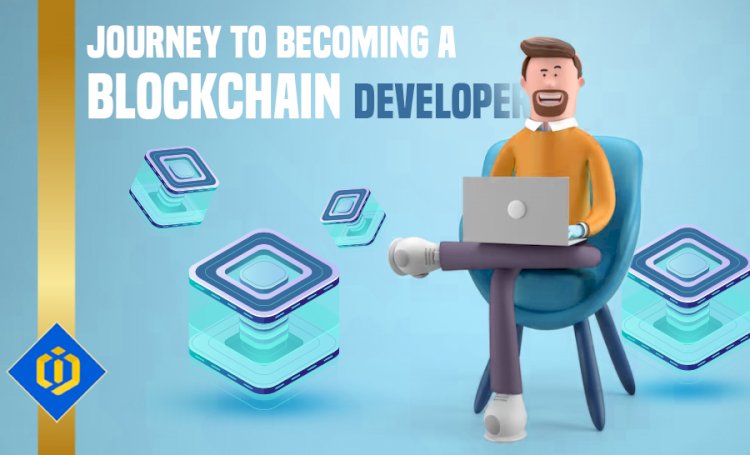
Blockchain development is becoming increasingly popular since it has many applications in many areas. Here are some steps you can take to fulfill your dream of becoming a blockchain developer:
1. Learn the Basics: Start by becoming familiar with the fundamentals of blockchain technology, such as how it functions and its advantages, applications, and difficulties. know about consensus mechanisms, smart contracts, cryptography, and decentralized systems.
2. Become an expert programmer: Get to know one or more of the programming languages, such as JavaScript, Python, C, or Go, that are frequently used in the development of blockchain applications. It's also crucial to have a firm grasp of data structures, algorithms, and object-oriented programming.
3. Learn About Popular Blockchain Platforms: Become familiar with well-known blockchain frameworks like Ethereum, Hyperledger, Cardano, or Solana. Find out more about the programming languages used by these platforms, such as Solidity (Ethereum) or Rust (Solana), as well as how to create and deploy smart contracts on them.
4. Up-skill Yourself: Use webinars, books, tutorials, and online courses to expand your knowledge. You can find a variety of paid and free resources to assist you in developing the necessary abilities and knowledge. Courses in blockchain development are available on platforms like Coursera, Udemy, and edX, covering everything from fundamentals to complex ideas.
5. Build Practical Experience By working on personal projects or taking part in open-source projects, you can put your skills to use and refine them in real-world situations. As a result, you can work on actual issues and develop a body of work that you can use to help you find work.
6. Engage in networking by going to meetups, conferences, or online events to meet other blockchain developers and subject matter experts. Join discussion groups on Slack, social media, or online forums to share ideas, ask questions, and gain knowledge from the experiences of others.
7. Make a specialization: Decide whether you want to focus on creating smart contracts, decentralized applications (dApps), or a particular blockchain protocol. Your career prospects will improve and your skills will be more focused as a result.
8. Maintain Your Knowledge: Because blockchain technology is constantly changing, it's critical to maintain your knowledge. Follow industry blogs, news sources, and experts on social media to stay up to date on the most recent advancements, trends, and opportunities.
9. Obtain Certifications: Take into account obtaining certifications from reputable organizations or learning resources like the Blockchain Training Alliance, ConsenSys, or IBM. Credibility-boosting certifications can make you stand out from the competition.
10. When you have the necessary knowledge and experience, look for job or internship opportunities in blockchain development. To persuade prospective employers of your skills, use your network of contacts and showcase your portfolio.
You can establish yourself as a blockchain developer and create a prosperous career in this exciting and developing industry by following these steps and putting consistent effort into improving your abilities and knowledge. There are numerous opportunities to advance your career and further hone your skills after becoming a seasoned blockchain developer, including the following.
Become a Mentor: Help other aspiring blockchain developers by offering your knowledge and experience as a mentor. This has the potential to grow not only your personal network but also your professional standing and level of expertise.
Publish and Present: To share your ideas and thoughts with the community, write technical books, blog posts, or articles on blockchain development. Give talks or presentations at conferences and events to raise your profile and further establish your authority.
Continuous Up-skilling: Stay up-to-date with the newest technologies and broaden your knowledge by enrolling in advanced courses, earning credentials, or even earning a degree in blockchain technology or a related field like cryptography or distributed ledger technology.
Author: Pooyan Ghamari, Swiss Economist

 content-team
content-team 


